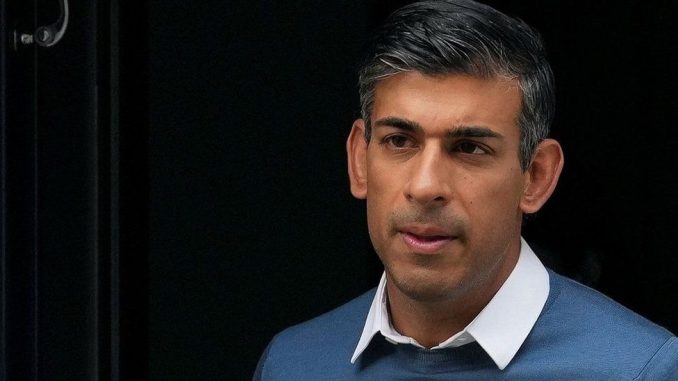
Rishi Sunak is considering a crackdown on foreign students after net migration reached its highest level since the Second World War.
Downing Street has indicated that plans to bring numbers down could include putting up barriers to students bringing their dependents and cutting admissions to “low-quality” degree courses.
This would be in line with proposals being explored by Home Secretary Suella Braverman, who has previously complained about foreign students “bringing in family members who can piggyback onto their student visa” and “propping up, frankly, substandard courses in inadequate institutions”.
Critics have warned, however, that universities could go bankrupt and British students could face higher tuition fees as a result.
Professor Brian Bell, chairman of the government’s Migration Advisory Committee, told Today on BBC Radio 4: “Most universities for most courses lose money on teaching British students and offset that loss by charging more for international students.
“If you close down the international route I’m not sure how the university continues to survive.”
Although London, Cambridge and Oxford would do well if overseas students were only allowed places at “elite” universities, he said, poorer regions, particularly those in the north, would suffer.
He pointed out that it is not just an immigration policy but also an education policy, as it could lead to a “massive increase” in British students’ fees to make up for the loss of foreign students’ payments.
No 10 spokesman declined to say what constitutes a “low-quality” degree when pressed to provide a government definition.
Asked about concerns that the potential policy will damage universities and the economy, the official said: “Of course we support our universities – they’re some of the very best in the world – and of course we will always act in the best interest of the UK.”
Net migration in the UK has reached record levels, according to figures from the Office for National Statistics (ONS). An estimated 504,000 more people came than left last year, a figure greater than the population of Liverpool.
The rise was driven by “unique” factors, the ONS said, including visa schemes for Ukrainians and Hong Kong citizens, and more students arriving from outside the European Union after the lifting of COVID restrictions.
People arriving on study visas accounted for the biggest proportion of long-term immigration of non-EU nationals, at 277,000, or 39% of the total.
On Thursday, the prime minister’s official spokesman insisted Mr Sunak was “fully committed” to bringing overall immigration levels down and blamed “unprecedented and unique circumstances” for the record high.
The official said: “We’re considering all options to make sure the immigration system is delivering, and that does include looking at the issue of student dependents and low-quality degrees.”
Such a move could meet resistance from the Department for Education, which could raise concerns over universities’ funding if the number of high fee-paying international students is cut.
The Russell Group of elite universities told the i newspaper that high numbers of foreign students “should be seen as a UK success story” and highlighted official figures showing that those on study visas are 97.5% compliant in leaving when their right to remain expires.
The plan for a student visa crackdown have not moved on since the home secretary said she would look at in October, with the Home Office more focused on tackling small boat crossings – or what it calls “illegal immigration”.
A record 40,000 migrants have crossed the Channel to the UK this year, up from 28,561 last year.
Ms Braverman came in for criticism this week as she failed to explain the alternative safe and legal routes to the UK for asylum seekers escaping war.
During questioning by MPs at the Home Affairs Select Committee, the home secretary admitted that “we have failed to control our borders”.
